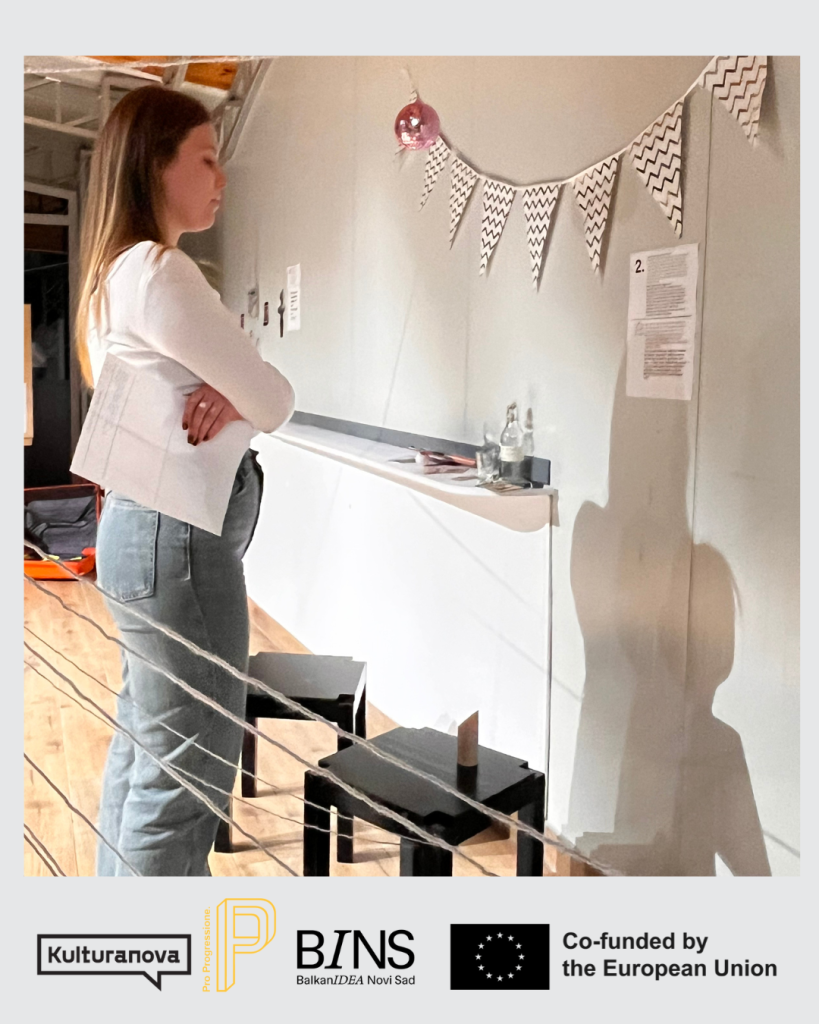During this project, we explored the power of game design and actively involving the audience in creating interactive programs for museums and other cultural institutions. The interventions organized by our participants in their institutions helped establish a connection with the audience, which was previously distanced and passive in the museum environment.
Long-term results also include the improvement of museum workers’ skills, enabling them to continue creating more flexible, focused, and creative museum programs, with even more active audience involvement.
Our long-term goals are to encourage the transformation of museums into innovative spaces that will provide new opportunities for learning about cultural heritage, art, history, and society, making them dynamic and inspiring places that will connect people with the richness of our past and present.
What is gamification and how does it relate to museums?
Gamification is the process of adding game-like elements, such as rewards and challenges, to activities that are not games, in order to make them more engaging. It is used to motivate people to complete tasks or achieve goals, making the experience more fun and interactive. 🎮🎲
So, what does this have to do with museums? Well, the answer to this question can be found in our aMUSEment manual, which you can find here.

The aMUSEment project aims to empower museum professionals with creative game design skills, focusing on attracting a wider audience, particularly young people, and involving them in creating more innovative museum programs. The project will bring together professionals of various experience levels – from beginners to experts – who are open to new approaches and eager to improve their offerings. The long-term goal is to develop a new generation of active participants in cultural life, especially young people, who will shape the museums of the future through games.
The aMUSEment project is led by the Association Kulturanova, with the support of partners: PRO PROGRESSIONE KULTURALIS NONPROFIT KOZHASZNU KFT from Hungary and BALKANIDEA from Novi Sad. The project is supported by the Erasmus+ program of the European Commission.
